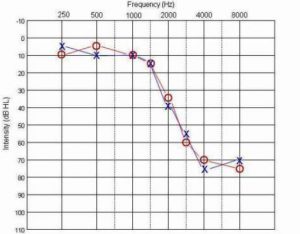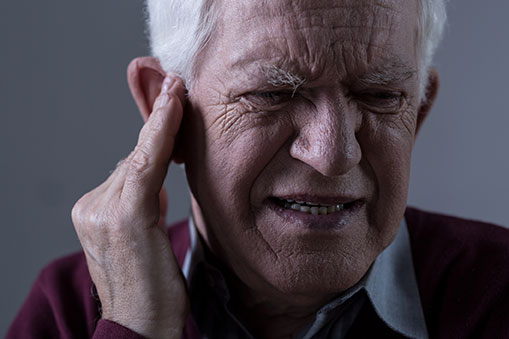Chris Burke once said, “It’s not our disability, it’s our ability that counts.” So, there is nothing in the world that cannot be done by disabled people. They are in-fact the people who live life to the fullest. One such ability is hearing impairment. The hearing disability is not a weakness; however, to make it your strength, remember these few tips by Audiologists of Virginia:
1. Ask for, and give ASSISTANCE:
If you are at the place where you are having trouble hearing or listening to what the other party or speaker is speaking, you may ask for the assistance. Similarly, if you encounter someone who is in need of assistance, do not back down to help them.
2. Join disables community as also get associated with other NGOs:
If you be with the people who are suffering the same issue, then you will be more comfortable. This way you can discuss your ideas, your problems and can get the best solution possible for it. It is said that like-minded people often have suffered the same situation. Thus, joining community could benefit you.
3. Technology is always there to help you; all you have to do is to ask for help:
There is no place left where technology isn’t being a helping hand. All you have to do is to ask for the help. Contact Hearing Loss Doctor of Virginia or ask for Audiologist in North Carolina. The doctors will help you with the perfect hearing aid or assistive listening devices suiting your requirement and match your standard of living.
4. Use it as your brownie power:
It is said that if God is taking away something, he will compensate it with some other thing. So, if your listening abilities are being taken away, you will either be able to read lips or follow the body language to understand what is spoken and you will be better than the rest.
So, just enhance and embrace what abilities you have rather than focusing on what disability you have. As Martina Navratilova said, “Disability is a matter of perception. If you can do one thing well, you are needed by someone.”



